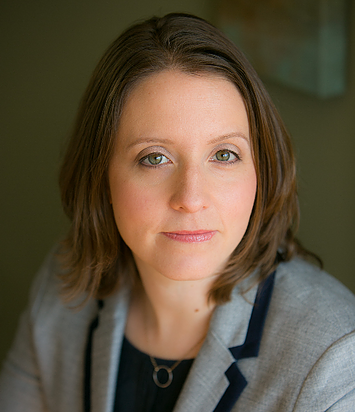Saturday, September 24th, a special community gathering will happen to raise awareness and funding for two safe houses that serve victims of human trafficking here in New England. You can learn more about this event by visiting MusicHeals2016.com. We do hope you will join us. Last year, our community raised nearly $11,000, and we are hoping to raise even more this year. The need for aftercare beds is great, but we are hopeful the response from our community will be even greater!
Why are we fundraising specifically for aftercare you ask?
We have a shortage of safe, therapeutic places for human trafficking victims to go for healing in our region. For those of you who don’t know, we have VERY few beds in New England for victims of human trafficking to stay and receive the specific restorative care and healing they need.
We’ve asked Stephanie Clark, Executive Director of Amirah Boston, to talk to us about this important issue in her first guest blogging appearance with us!
The Reality of 17 Beds
~ by Stephanie Clark

“I have a woman who was sex trafficked. She is 23-years old, and currently at _____ hospital getting treatment for a severe beating she took. Do you have any beds?”
I now live with the reality that this request, in some shape or form, is going to come across our path every week now. This is a reality that is driving me to think ahead and to work harder in expanding our capacity to be available for these women.
Amirah has 8 beds. The entirety of New England has 17 beds total. That is it.
Yes, there are plenty of shelters. Yes, there are centers and homes for domestic violence. Yes, there are addiction recovery programs.
But there are only 17 beds in all of New England for survivors of trafficking that have programs that are tailored to their specific needs and trauma.
I say this often – working with a survivor of sex trafficking is like taking shelter life, addiction recovery, mental health recovery and wrapping it all together with a bow and then shoving it out on steroids. That is the mess that these safe homes are working with.
There have been so many survivors who talk about how they were in a shelter and got kicked out because they had a PTSD moment, reacted poorly to a situation and got the boot from that shelter. A mental health institution is equipped to deal with their mental health hurdles, but cannot address the physical, emotional, social or vocational trauma. They could go to meetings and help their addiction to drugs, but they still have serious questions about how to get a stable job and move on with their life.
So there are 17 beds.
The reality is that every time I speak somewhere, I have very well-meaning individuals come up to me and offer their home or apartment with an extra room for a woman to come and sleep. I have people who want to take on the task of opening up another safe home, because clearly there is a need.
The reality is that if more people were to simply financially support the existing safe homes (Amirah in MA, Hope Rising in ME, Bakhita House in MA, Sexual Assault Crisis Team of Washington County, VT), that we would duplicate our efforts.
With the waitlist we have now for our safe home, our home is full. We still get phone calls, emails and texts every week asking if we have a bed.
The work we are doing is vital and it is proving itself as these women become who they were created to be and not the slave they were forced to be. If you support us, we will grow and get more homes up and running.
I’ll be honest – I have a goal of 3 homes in the next 5 years. That only happens if I can triple my current budget. That only happens with the help and support of amazing people like you.
“I have a woman who was sex trafficked. She is 23-years old, and currently at _____ hospital getting treatment for a severe beating she took. Do you have any beds?”